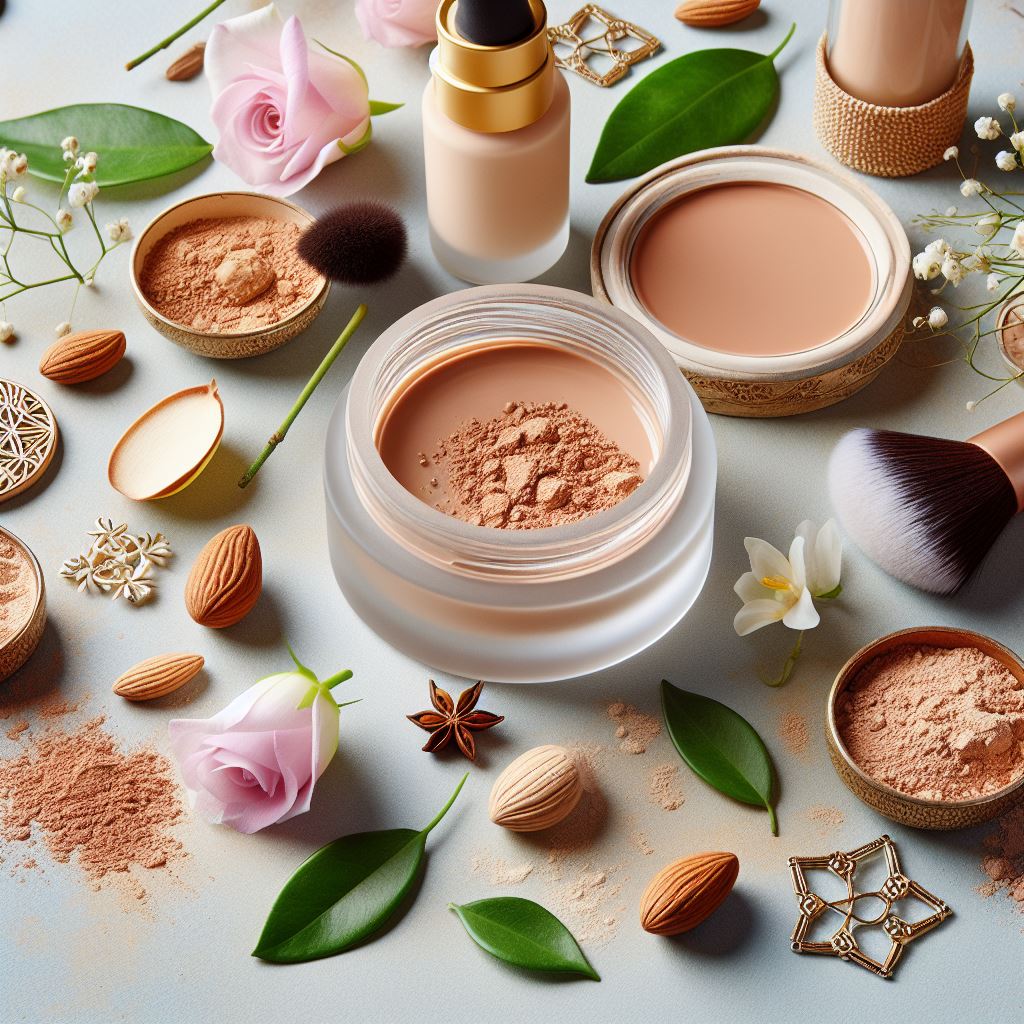Can I Shower on Shabbat? Here's What You Need to Know
Posted on May 18 2024

The observance of Shabbat, the Jewish day of rest, is steeped in a rich tapestry of tradition and religious significance. This weekly respite, from Friday evening to Saturday evening, is a time for reflection, prayer, and family bonding. The rules governing Shabbat observance are detailed and multifaceted, designed to create a distinct separation from the workweek. Among these rules are restrictions on various forms of labor, known as *melachot*, which encompass 39 categories derived from the activities involved in building the ancient Tabernacle.
One common question that arises is, 'Can I shower on Shabbat?' This query touches on various aspects of Shabbat observance, including the prohibitions against heating water, washing, and other activities that may be classified as work. Understanding these rules requires a nuanced approach, as there are allowances and exceptions based on different interpretations and community practices.
At Aneley Cosmetics, we recognize the importance of maintaining your Shabbat observance while feeling fresh and beautiful. Our specially formulated, kosher-for-Shabbat makeup ensures you can adhere to these sacred traditions without compromising on personal care. Buy now for a game-changing experience!
Understanding Shabbat Traditions

Shabbat traditions are deeply rooted in Jewish culture, providing a sense of continuity and connection across generations. These customs are designed to transform the day into a sanctified time, distinct from the rest of the week. Key traditions include the lighting of Shabbat candles, which marks the onset of Shabbat and symbolizes peace and tranquility. This act is usually performed by the women of the household, ushering in the sacredness of the day.
The Friday night meal is another cornerstone of Shabbat observance. Families gather for a festive dinner, reciting blessings over wine (*Kiddush*) and bread (*Challah*). The meal often includes traditional dishes, fostering a sense of community and togetherness. Songs and prayers enhance the spiritual atmosphere, making the evening both joyful and reflective.
Throughout Shabbat, various prohibitions are observed to maintain the sanctity of the day. These include refraining from activities such as cooking, writing, and using electronic devices. Instead, the focus is on rest, prayer, and studying sacred texts. The *Havdalah* ceremony, performed at the conclusion of Shabbat, involves blessings over wine, spices, and a special braided candle, symbolizing the separation between the holy and the mundane.
Understanding these traditions helps in appreciating the deeper significance of Shabbat. It is not merely a day of rest but a profound spiritual experience that enriches the lives of those who observe it.
Rules About Bathing on Shabbat

Bathing on Shabbat is subject to a variety of rules and customs rooted in Jewish law, known as *Halacha*. These regulations aim to preserve the sanctity and restful nature of the day. One of the primary concerns is the prohibition against performing activities that are considered *melacha*, or creative work, which includes heating water for bathing.
According to traditional guidelines, using hot water for bathing is generally prohibited on Shabbat. This is because heating water typically involves igniting a flame or using electricity, both of which are forbidden. Additionally, there is a concern about inadvertently squeezing water out of hair or towels, which falls under the prohibition of *Sechita* (wringing).
However, there are permissible ways to maintain personal hygiene. For instance, washing specific parts of the body, like the face, hands, and feet, with cold water is typically allowed. These limited forms of bathing ensure that individuals can stay refreshed without violating Shabbat principles. Furthermore, modern solutions such as pre-heated water systems set before Shabbat can be used with caution and rabbinic guidance.
Some communities may have more lenient or stringent interpretations of these rules. Therefore, it's always advisable to consult with a knowledgeable authority, such as a rabbi, to understand the practices that align with one's community and personal observance level. By adhering to these guidelines, one can uphold the spirit and letter of Shabbat, ensuring it remains a day of rest and spiritual renewal.
Exceptions and Special Circumstances

While the general rules about bathing on Shabbat are quite strict, there are exceptions and special circumstances where leniency is permitted. Understanding these exceptions can help in maintaining personal hygiene without compromising religious observance.
One notable exception involves health-related issues. If a person is ill or requires bathing for medical reasons, such as alleviating discomfort or treating a skin condition, the restrictions may be relaxed. In such cases, it is often permissible to use warm water, especially if it was heated before Shabbat. Consulting with a rabbi for specific guidance is always recommended.
Another important exception is for new mothers and infants. Postpartum women and their newborns may need to bathe for health and cleanliness. Jewish law recognizes the necessity of these situations and allows for more flexibility. For instance, a woman within seven days postpartum can wash her entire body if needed.
For those living in exceptionally hot climates, where not bathing can lead to significant discomfort or even health risks, some authorities allow for more lenient practices. This might include rinsing off with cold water or using pre-heated water under specific conditions.
It's also worth noting that in preparation for Shabbat, individuals are encouraged to bathe and groom themselves beforehand. This preparation ensures that they enter the holy day feeling clean and refreshed, minimizing the need for extensive bathing during Shabbat itself.
By being aware of these exceptions and consulting with knowledgeable authorities, one can navigate the complexities of Shabbat observance while addressing personal and health-related needs. This balance helps maintain the sanctity of Shabbat while ensuring well-being and comfort.
Alternatives to Showering on Shabbat

Observing Shabbat does not necessarily mean compromising on personal hygiene. There are several alternatives to showering that can help you stay fresh and clean without violating the day’s restrictions.
1. Sponge Baths: One of the most commonly accepted alternatives is taking a sponge bath. Using a basin of water and a washcloth, you can clean yourself without the need for running water or extensive bathing.
2. Dry Shampoo: For those concerned about their hair, dry shampoo is an excellent option. It absorbs excess oil and refreshes your hair without the need for water. This can be especially useful for maintaining a clean appearance throughout Shabbat.
3. Wet Wipes: Another practical solution is the use of wet wipes or cleansing cloths. These are convenient for a quick refresh and can be used on various parts of the body. Opt for fragrance-free and hypoallergenic wipes to avoid skin irritation.
4. Pre-Shabbat Preparations: Thoroughly washing and grooming yourself before Shabbat begins can significantly reduce the need for cleaning during the holy day. This preparation sets you up for a comfortable and clean experience throughout Shabbat.
5. Changing Clothes: Simply changing into a fresh set of clothes can make a big difference in how you feel. Clean garments can contribute to an overall sense of cleanliness and can be done without any restrictions.
By incorporating these alternatives into your routine, you can maintain personal hygiene while adhering to Shabbat observance. These methods offer practical solutions that respect both religious guidelines and the need for cleanliness.
Conclusion and Best Practices
In conclusion, observing Shabbat while maintaining personal hygiene is entirely possible with a bit of planning and creativity. Understanding the traditional restrictions and finding suitable alternatives can ensure that you honor the sanctity of Shabbat without compromising on cleanliness.
Best Practices:
- Plan Ahead: Thoroughly clean yourself before Shabbat begins to minimize the need for extensive washing during the holy day.
- Use Alternatives: Opt for sponge baths, dry shampoo, wet wipes, and fresh clothing as effective substitutes for showering.
- Stay Informed: Keep yourself updated with rabbinical guidelines and community practices to ensure your actions are in line with Shabbat observance.
- Respect Traditions: Always consider the spirit of Shabbat, which emphasizes rest, reflection, and spiritual rejuvenation.
By following these best practices, you can navigate the nuances of Shabbat with ease and grace. Embracing these methods not only helps you stay clean but also deepens your connection to this sacred time.
For a game-changing experience in maintaining your beauty regimen while respecting religious guidelines, buy now from Aneley Cosmetics. Our products are designed to cater to your needs with all-natural, cruelty-free ingredients, ensuring you look and feel your best.

0 comments